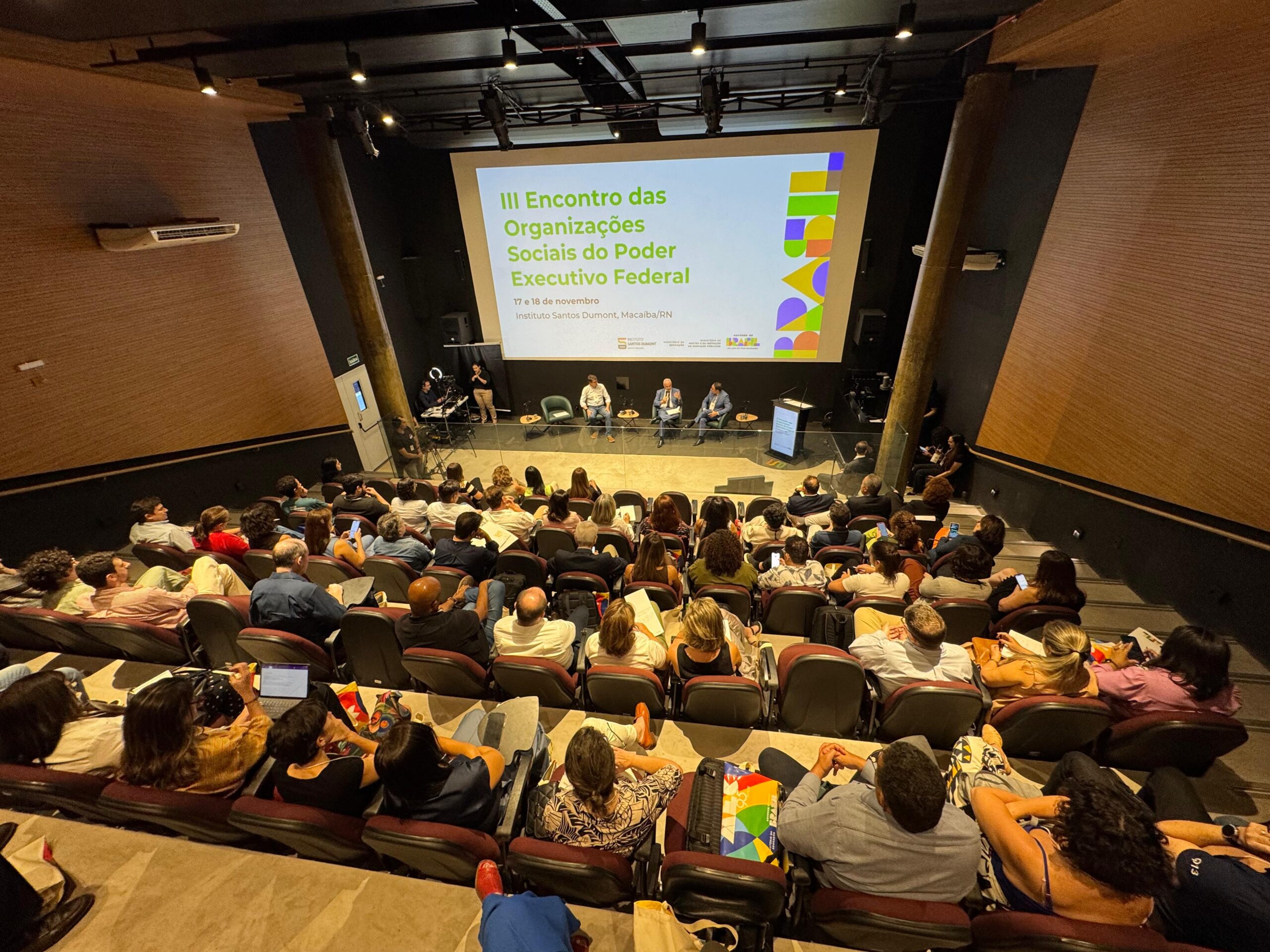The Santos Dumont Institute and the State Department of Public Health of Rio Grande do Norte (Sesap/RN) held on Wednesday (18/1), the fourth edition of permanent health education with the theme: “Comprehensive care for people in situations of sexual violence in RN”. The project activities, which will take place over eight months, aim to improve the care network and develop professional skills to guarantee comprehensive care for people in situations of sexual violence.
40 professionals participate in the meetings — 30 from hospital services (SESAP hospitals) and 10 from the intersectoral care network, working in the areas of social assistance, psychology, nursing, medicine and management. The meetings provide interaction between service teams that operate throughout the state, with actions focused on the reality experienced by each group of health professionals.
The first round of conversation at the January meeting was led by the professor of the Postgraduate Program in Social Anthropology at the Federal University of Rio Grande do Norte (UFRN), Rozeli Maria Porto, who addressed the topic “Gender violence and health: interface with anthropology”. “Combating gender-based violence involves complex social factors. How to report a family member with whom you have a bond? Furthermore, issues such as disability and blaming the victim should also be considered by professionals who serve this public”, says Rozeli.
In the second part of the meeting, the coroner and criminal expert, Hugo Pereira, spoke with the participants about the stages of the forensic examinations that are part of the process of welcoming people in situations of violence. Shared knowledge is essential so that professionals can improve, for example, filling out the medical records of people treated in health units.
RN's undersecretary of women's policies, Vanessa Dutra, states that the training can contribute to changing the scenario of violence in the state. “Being close to all ends of the care network allows us to have a more qualified dialogue. We have contact with recurring cases and are able to identify gaps in care. This way, we can better define state and intersectoral strategies to combat violence against women and children”, says Vanessa.
Simulation
At the December meeting, led by the general director of ISD, Reginaldo Freitas Júnior, the participants were divided into two groups and simulated welcoming a person in a situation of sexual violence. “We were able to see, in practice, what we need to improve and what details we need to observe. My skills are being improved, as are those of all the professionals present. Public health benefits greatly from actions of this type”, says Fabiana Costa, social service coordinator at Hospital Santa Catarina, in Natal.
At the end of the meeting, participants received educational materials that will help assist people in situations of sexual violence: the Feminine Dictionary of Infamy, the Technical Standard for Humanized Care for People in Situations of Sexual Violence and the booklet Mulher, Turn the Page, material produced by the State Secretariat for Women, Youth, Racial Equality and Human Rights of RN. The next meetings will address topics such as the benefits of qualified listening and the ethical aspects of providing comprehensive care to people in situations of sexual violence.
“The creation of spaces where people who are part of this care network can interact, share what they know, what they do, the strengths, weaknesses and challenges that are posed in the day-to-day activities of services is important for these same people to have a more systemic view of comprehensive care for people in situations of sexual violence. This is a complex social issue, a serious public health problem and a flagrant violation of human rights. Without expanding the way we see this problem, we will not be able to effectively face it”, comments Reginaldo Freitas.
Text: Leandro Vieira / Ascom – ISD
Photograph: Ascom – ISD
Communication Office
comunicacao@isd.org.br
(84) 99416-1880
Santos Dumont Institute (ISD)
It is a Social Organization linked to the Ministry of Education (MEC) and includes the Edmond and Lily Safra International Institute of Neurosciences and the Anita Garibaldi Health Education and Research Center, both in Macaíba. ISD's mission is to promote education for life, forming citizens through integrated teaching, research and extension actions, in addition to contributing to a fairer and more humane transformation of Brazilian social reality.













